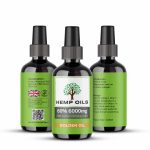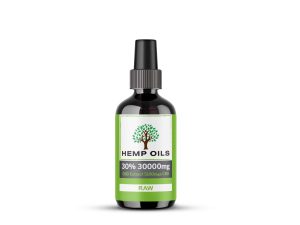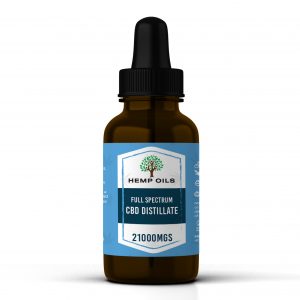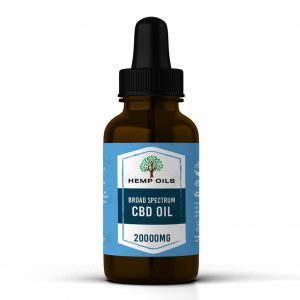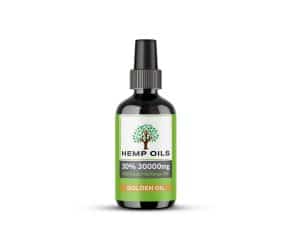With the growing popularity of hemp and CBD products, it’s important to understand the key differences between hemp oil and CBD oil. While both are derived from the hemp plant, they have distinct characteristics and uses. In this article, we will delve into the basics of hemp oil and CBD oil, explaining their differences and exploring their individual benefits and potential therapeutic properties.
What is Hemp Oil? Understanding the Basics
Hemp oil, also known as hemp seed oil, is derived from the seeds of the hemp plant. It is extracted through a cold-pressing process, resulting in a clear, greenish oil. Unlike CBD oil, hemp oil does not contain significant amounts of cannabinoids like CBD or THC. Instead, it is rich in essential fatty acids, vitamins, and minerals. Hemp oil is commonly used in culinary applications, as a skincare ingredient, and as a dietary supplement due to its nutritional value.
CBD Oil vs Hemp Oil: Key Differences Explained
CBD oil, short for cannabidiol oil, is extracted from the flowers, leaves, and stalks of the hemp plant. Unlike hemp oil, CBD oil contains high levels of CBD, a non-psychoactive compound known for its potential therapeutic effects. CBD oil may also contain trace amounts of THC, but typically within legal limits of 0.3% or less. This small amount of THC is not enough to cause intoxication. CBD oil is primarily used for its potential health benefits, including pain relief, reducing anxiety, and alleviating symptoms associated with various medical conditions.
The Benefits of Hemp Oil: A Closer Look
Hemp oil offers several benefits, primarily due to its rich nutritional profile. It is a great source of omega-3 and omega-6 fatty acids, which are essential for optimal brain function and heart health. Additionally, hemp oil is packed with vitamin E, an antioxidant that helps protect the body against free radicals and supports healthy skin. Its moisturizing properties make it a popular ingredient in skincare products, providing hydration and promoting a youthful complexion. Furthermore, hemp oil can be used as a dietary supplement to support a healthy immune system and improve overall well-being.
CBD Oil: Exploring its Therapeutic Potential
CBD oil has gained significant attention for its potential therapeutic properties. Research suggests that CBD may offer pain relief by interacting with receptors in the body’s endocannabinoid system. It also shows promise in reducing anxiety and depression symptoms, improving sleep quality, and providing relief for epilepsy and multiple sclerosis patients. Furthermore, CBD oil is being studied for its potential anti-inflammatory properties and its role in supporting overall mental health. However, it’s important to note that more research is needed to fully understand the extent of CBD oil’s therapeutic potential.
In conclusion, while hemp oil and CBD oil are both derived from the hemp plant, they differ in their composition, uses, and potential benefits. Hemp oil is primarily valued for its nutritional content and skincare properties, while CBD oil is sought after for its potential therapeutic effects and health benefits. Whether you choose hemp oil or CBD oil, it’s essential to ensure you are purchasing from reputable sources and consulting with healthcare professionals to determine the appropriate usage and dosage for your specific needs.
